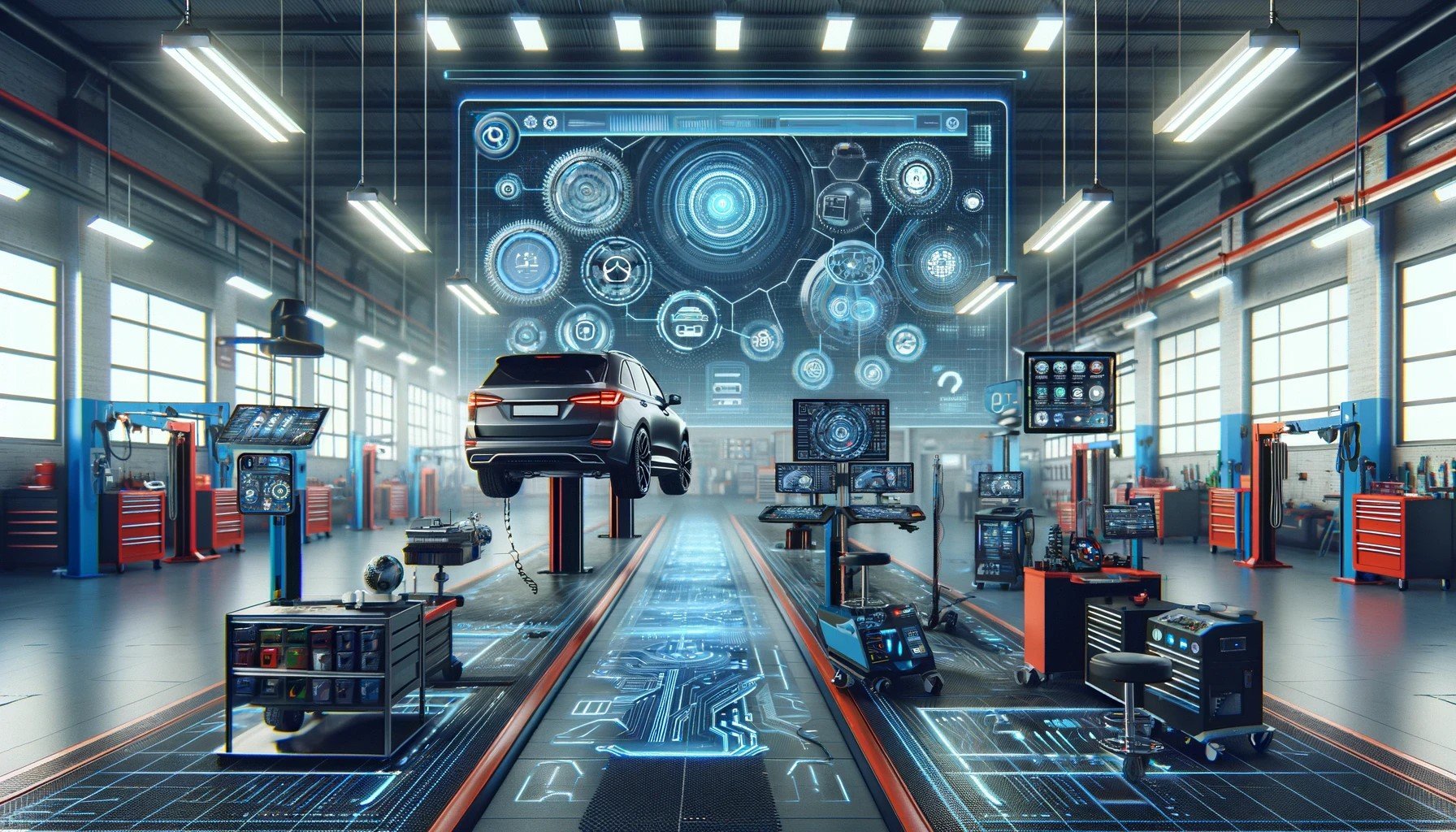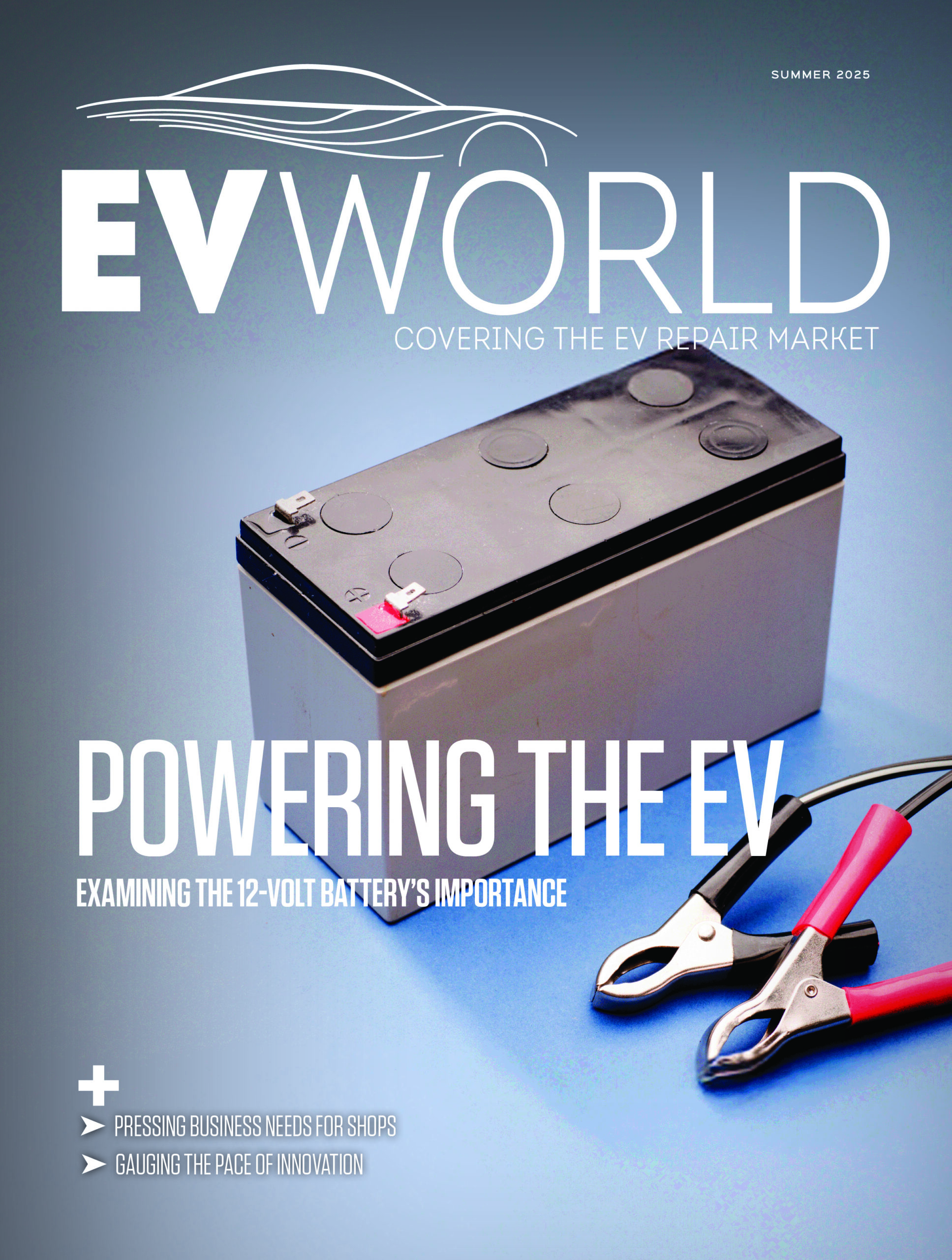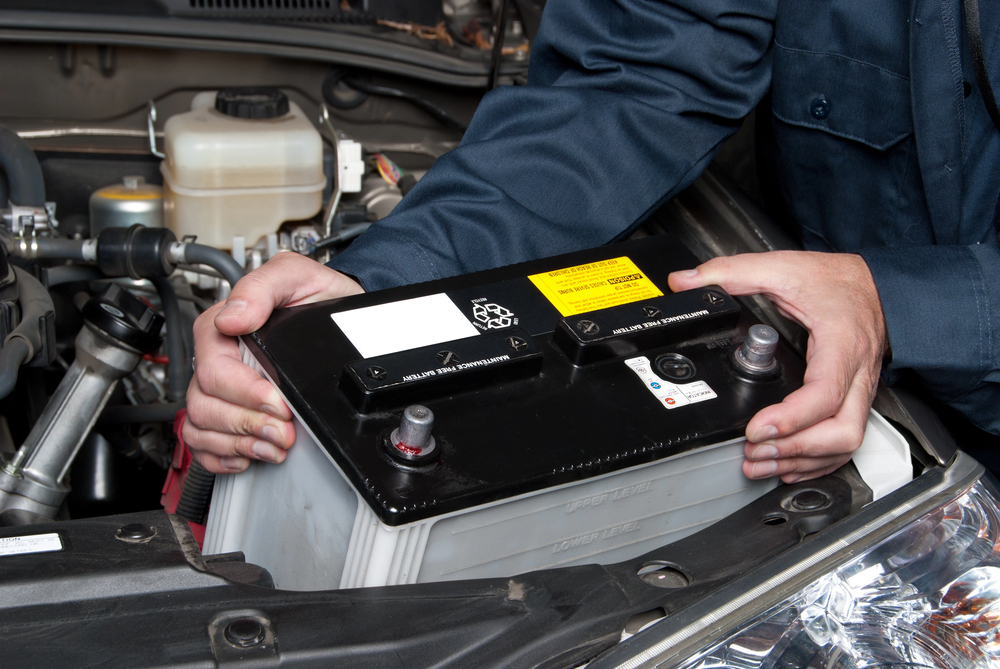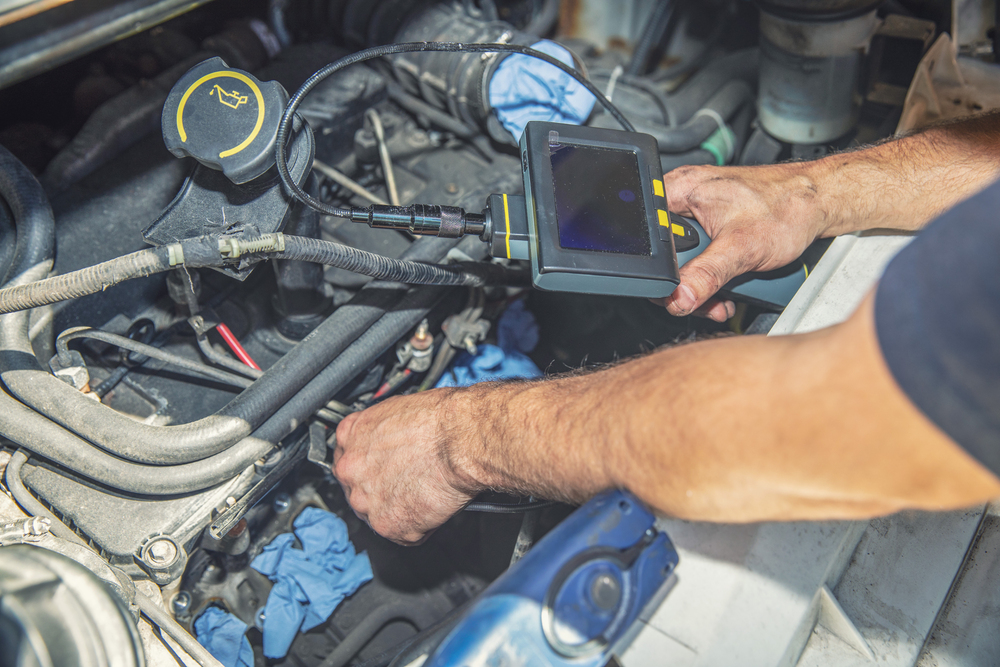
The automotive service industry is undergoing a significant technological evolution, transforming traditional service models into highly efficient, customer-centric operations. At the forefront of this transformation is incorporating smart devices and Internet of Things (IoT) technologies. These innovations are not just modern conveniences but are emerging as game-changers for auto service shops.
By integrating smart technologies, businesses can significantly enhance their operational efficiency, diagnostic accuracy, and overall customer experience. The ability to connect, analyze, and automate various aspects of the service process promises to redefine automotive maintenance and repair standards.
The drive toward digital transformation
The push for digital transformation within the automotive service industry is largely driven by two key factors: Escalating customer expectations and the imperative for operational efficiency.
Today’s consumers are accustomed to the convenience and personalization afforded by digital technologies in other sectors, and they increasingly expect the same from their auto service experiences. They demand quicker service times, transparent processes, and more engaging interactions with service providers. Concurrently, auto service shops seek ways to streamline their operations, reduce waste, and maximize productivity to remain competitive in a rapidly evolving marketplace.
Smart technology, with its capacity to connect devices, collect vast amounts of data, and automate complex processes, directly addresses these demands. Through IoT-enabled devices and smart diagnostic tools, auto service shops can achieve a level of precision and efficiency previously unattainable. These technologies expedite the diagnostic and repair processes and enhance customer communication and service personalization, setting a new benchmark for what consumers can expect from their automotive service providers.
Key areas for smart technology integration
Diagnostic tools and equipment
Incorporating smart diagnostic tools in auto service shops significantly enhances the accuracy and speed of vehicle assessments. These advanced tools, equipped with the latest technology, can quickly interpret a vehicle’s data and pinpoint issues with remarkable precision. It accelerates the diagnostic process and increases the likelihood of a first-time fix, reducing the need for return visits. Such tools enable technicians to understand complex vehicle problems better, leading to more efficient repairs and maintenance services.
Inventory management
IoT devices are crucial in revolutionizing inventory management within auto service shops. By automating the tracking and management of parts and supplies, these devices significantly reduce the manual effort required, minimizing errors and saving time. This streamlined approach to inventory management ensures that the right parts are available when needed, reducing service times and enhancing overall operational efficiency.
Additionally, monitoring inventory levels in real time can lead to more informed purchasing decisions and reduce overhead costs associated with overstocking or understocking.
Customer service and engagement
Smart technology offers new avenues for improving communication with customers, making the service experience more engaging and personalized. Automated updates can keep customers informed about the status of their vehicle repairs, reducing uncertainty and enhancing transparency.
Online appointment scheduling systems, powered by smart technology, offer convenience, allowing customers to book services at their preferred times without needing back-and-forth phone calls. Furthermore, personalized service offerings, based on the historical data and preferences of each customer, can be generated, fostering a sense of value and loyalty. This level of personalized engagement and efficient communication significantly enhances customer satisfaction and retention.
Benefits of smart technology in auto service shops
Operational efficiency
Smart technologies introduce a significant level of automation into auto service shops’ daily operations. By automating routine tasks such as inventory management, appointment scheduling, and even certain aspects of diagnostics, staff are freed up to concentrate on more complex and nuanced service needs.
Automation speeds up these processes and reduces the likelihood of human error, contributing to a smoother, more efficient workflow. As a result, technicians can dedicate more time to delivering high-quality repairs and maintenance, ultimately boosting the shop’s operational efficiency and capacity to serve more customers effectively.
Enhanced diagnostic capabilities
The advent of advanced diagnostic tools powered by smart technology has revolutionized how auto service shops identify and address vehicle issues. These tools can diagnose problems with greater accuracy and predict potential issues before they become serious.
For instance, by analyzing data trends over time, smart diagnostics can alert technicians to parts that are wearing down and likely to fail soon. This predictive capability allows for proactive maintenance, preventing breakdowns and the associated inconveniences to customers, extending the vehicle’s lifespan, and saving customers money in the long run.
Improved customer satisfaction
One of the most noticeable impacts of integrating smart technology into auto service shops is enhancing customer satisfaction. Real-time updates keep customers informed about their vehicle’s service progress, setting clear expectations and building trust.
Transparent service processes, facilitated by digital tools, allow customers to understand the services being performed and their associated costs, reducing surprises and fostering a sense of fairness and transparency. These factors contribute significantly to building customer trust and loyalty, as customers appreciate the convenience, communication, and care that smart technologies enable.
Overcoming challenges in implementing smart technology
The transition to a more technologically advanced service model comes with challenges. Upfront costs for new equipment, software, and robust network infrastructure can be substantial. Training staff on these new systems requires time and resources, and ensuring the security of digital data is paramount.
Auto service shops can adopt a phased implementation strategy to navigate these hurdles. This approach allows for the gradual introduction of smart technologies, spreading the financial impact over time. Shops can start by investing in technologies that offer the most immediate benefits to operational efficiency and customer satisfaction, generating quick wins that can help fund future tech investments.
Partnering with technology providers who offer comprehensive training and support as part of their service can address training needs. This ensures that staff are proficient in using new technologies and can troubleshoot basic issues, reducing downtime and maintaining productivity.
Data security concerns are mitigated by selecting technologies that comply with industry-standard security protocols and investing in staff cybersecurity training. This dual approach ensures that the technology and its users are equipped to protect sensitive customer information.
Future outlook: The smart auto service shop
Looking ahead, integrating artificial intelligence (AI) and machine learning (ML) into auto service shops promises to revolutionize the industry further. AI-driven diagnostics could offer even more precise and comprehensive analyses of vehicle issues, learning from every case to improve future diagnostics. Machine learning algorithms could optimize inventory management, predicting parts demand based on historical data, seasonal trends, and specific customer patterns.
The potential for smart technologies to transform service models is immense. For example, predictive maintenance services, powered by AI and IoT devices, could notify customers when their vehicle will likely need service before an issue arises, scheduling appointments automatically based on the customer’s calendar and shop availability. Customer interactions could become more personalized and proactive, with AI analyzing customer preferences and vehicle history to tailor communication and service offerings.
Smart technologies could enable dynamic resource allocation in business operations, automatically adjusting staffing levels and workshop schedules based on real-time demand forecasts. By optimizing workloads and reducing stress, smart technologies improve efficiency and enhance employee satisfaction.
As these technologies evolve and mature, the smart auto service shop will become a hub of efficiency, precision, and customer-centricity, setting a new standard for the automotive service industry.
Wrapping up…
The integration of smart technology in auto service shops represents not just an upgrade to existing operations but a fundamental shift towards a more efficient, accurate, and customer-focused business model. The benefits of embracing smart technology are clear, from enhanced diagnostic tools that offer precision and speed to IoT-driven inventory management systems that streamline operations and customer engagement platforms that enhance satisfaction and loyalty.
As the automotive service industry continues to evolve, those shops that leverage smart devices and IoT technologies position themselves at the forefront, ready to meet the changing demands of customers and the market with agility and confidence.
For auto service shops looking to remain competitive and future-proof their operations, the strategic integration of smart technology is a critical step. Beginning with a thorough assessment of current technology use and identifying areas for improvement can reveal opportunities where smart technology can have the most immediate and impactful benefits.
Whether automating routine tasks, improving diagnostic accuracy, or enhancing the overall customer experience, the smart integration of technology into auto service shops is an investment in a more sustainable, profitable, and customer-centric future.
Patrick Chown is the owner and president of The Network Installers and Safe and Sound Security.












Leave a Reply